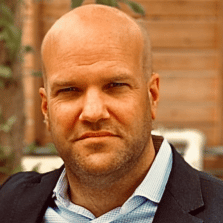
SLEEPING PILL ADDICTION

Seeking treatment? Questions?
Get 24/7 confidential help now:
Or Receive A Call:
Last Medically Reviewed 15 November 2022
SLEEPING PILLS ADDICTION
Sleeping pills are sedative-hypnotics prescribed by a licensed medical provider that are commonly used to treat insomnia and other sleep disorders. Sleeping pills are highly addictive and dependency is highly likely after long term abuse. Although sleeping pills effectively treat short-term insomnia, many people quickly go on to develop a physical dependence on them. The statistics aren’t on their side. Between 2006 and 2011, around 38 million prescriptions for Ambien (a popular sleep aid) were written. Due to their ready availability and a perceived endorsement from medical experts, it is no surprise that so many individuals become addicted to sleeping pills.
Additionally, some people cannot sleep without the assistance of prescription sleep aids. As tolerance builds, many people discover that they need to take higher doses to achieve the intended effect. Most patients do not know that they have grown reliant, or even addicted to their sleep medications until they stop taking it. They may subsequently develop sleeping pill withdrawals, a telltale sign of dependency and addiction.
Other indications that sleeping pill use has gotten out of hand are:
• Having made numerous unsuccessful attempts to stop using
• Cravings
• Seeing many different doctors for prescription refills.
• Continued use despite unfavorable effects and outcomes
Once the individual has become addicted, they may start to display various behaviors, such as increasing their dose without contacting a doctor or having regular cravings to use the drug.
SLEEPING PILLS
EXPLAINED
Sedative hypnotics are a class of medications that include sleeping pills. Barbiturates and benzodiazepines, such as Xanax, are also included in this group. Sleeping pills, unlike other drugs in this category, are non benzodiazepine hypnotics. They are popularly referred to as “Z-Drugs” since they induce sleep.
The following are some of the most often commonly used sleeping pills:
• Ambien® (Zolpidem)
• Sonatina (Zaleplon)
• Luminesce (Eszopiclone)
• Edluar’s (Zolpidem)
Although most non-benzodiazepine sleeping pills have distinct chemical structures, they nonetheless have similar effects. Sleeping pills attach to the same GABA receptors in the brain as benzodiazepines but with fewer adverse effects.
THE SIDE EFFECTS OF SLEEPING
PILL ABUSE
Sleeping pills are often only prescribed by doctors for short-term usage. Doctors prescribe them for severe insomnia and may not always administer them on a fixed dosing schedule. These drugs have a rapid onset of action and are frequently taken on an as-needed basis. Unfortunately, many people start using sleeping pills whenever they have difficulties sleeping or when faced with stress. Abuse occurs when sedatives are not taken as prescribed. Sleeping pills give the same sleepy, feel-good effect as their extremely addictive relatives, benzodiazepines, but at larger doses. When a person takes sleeping pills but resists sleeping, the medicine may create hallucinatory symptoms.
Sleeping pills also have the following side effects:
• Reducing anxiety
• Sleeping without dreaming
• Unsteadiness
• Dizziness
• Lightheadedness
• Hallucinations
Sleeping pill misuse has also increased among high school and college students. The medicines can either amplify the effects of alcohol or create desired effects on their own. Access to a prescription (either their own or that of their parents) is all too common among young people still living at home. Sleeping pills’ effects on brain function can be seen as early as the first time the medicine is used. The brain becomes acclimated to the effects over time, making recovery more complex. Recovering sleeping pill users frequently experience “rebound insomnia,” or a compounded sleeplessness that is worse than it was before they began taking the tablets.
TREATMENT FOR ADDICTION TO
SLEEPING PILLS
There are many treatment options available for sleeping pill addiction.
• Psychotherapy – such as cognitive-behavioral therapy (CBT)
• Drug detox – weaning the user off sleeping tablet use
• Medication-assisted treatment – used to manage the symptoms of withdrawal during detox
Due to the severity of sleeping pill addiction, and how difficult it can be to detox, inpatient rehab may be required. During inpatient rehab, the patient will undergo drug detox, and will receive round-the-clock care for managing withdrawal symptoms.
Sleeping pill withdrawal symptoms include:
- Insomnia
- Seizures
- Nausea
- Vomiting
- Night Sweats
- Delerium
- Irritability
- Depression
- Cravings
- Anxiety
- Body Spasms
- Increased Heart Rate
The detox process should always be done under the care of a certified addiction professional at a rehab facility. Sleeping pills withdrawal symptoms can be very uncomfortable and even dangerous. Medically assisted detox entails the use of medication to manage withdrawal symptoms, ensuring a higher chance of success. Once the patient has weaned off sleeping pills, they will begin their treatment program that usually consists of therapy, support groups, and life skills training. Learn more about medically assisted detox at Psyclarity Health, and our other drug treatment modalities.
Inpatient Rehabilitation
Inpatient treatment is particularly beneficial for those who have been taking sleeping pills in large quantities for a long time. Rehab takes patients out of situations where the drugs are readily available and starts them on the path to learning appropriate sleep habits, self-care, and relaxation skills to deal with stress and worry.
Inpatient treatment can also benefit those with polydrug addiction and/or a co-occurring disorder. Those with underlying mental illnesses, such as depression, are more prone to relapse if the disorder is not addressed. Furthermore, because mental illnesses are frequently the cause of insomnia, managing the mental illness is crucial for rehabilitation.
How Long Does Treatment Last
A normal inpatient treatment stay for substance abuse lasts between 28 to 90 days. The severity of the addiction, the prevalence of cooccurring mental health and physical issues, and insurance limits all impact how long each patient stays in recovery. Worried that you or a loved one is abusing sleeping pills? Contact us today to learn more about our inpatient treatment for sleeping pill addicts.
RELAPSE PREVENTION &
ONGOING RECOVERY
Relapse is a very real risk for a patient struggling with substance abuse. As a result, continuing therapy after rehab is critical since several environmental triggers might induce a relapse. Stress, sleep issues, and worry are all typical throughout recovery and must be addressed head-on. Having an effective support structure in place is one of the most robust defenses against relapse.
Healthy Habits Can Help You Avoid Relapse
Individuals who have long-term insomnia or trouble sleeping benefit most from the behavioral modifications taught in cognitive behavioral therapy. During CBT at a Psyclarity Health facility, the patient will learn healthy sleeping habits and enjoy daily programs of meditation, relaxation skills, and improving cognitive functions. The goal of this is to help patients learn how to get a good night’s rest without the use of a prescription sleep aid.
Some healthy habits to assist recovering addicts include:
• Regular meditation
• Daily exercise
• Avoiding caffeine after lunchtime
• Reducing blue light exposure in the evening
• Stopping long daytime naps
• Sticking to a consistent bedtime and wake up schedule
• Avoiding alcohol use
• Finding healthy ways to manage stress
During inpatient rehabilitation at a Psyclarity Health treatment center, the patient will learn effective means of coping with stress and will learn the life skills necessary to help them get a good night’s sleep. Additionally, patients may be treated for any co-occurring disorders. Many treatment providers will address any other mental health concerns or addiction issues at the same time as addressing the sleeping drug abuse.
GET HELP FOR SLEEPING PILL
ADDICTION TODAY
It is never too late to get your life back on track, no matter how your drug addiction began or where you are now. To discuss available addiction treatment facility choices for treating your or your loved one’s sleeping pill addiction, contact us today for professional treatment advice. We will help you find a treatment center that is suitable for your needs.
MAKE THE CALL
Don’t go through the process of recovery alone.
There are people who can help you with the struggle you’re facing. Get in touch with one today.
Call Now: 855-924-5350
GET THE CALL
Enter your phone number below to request a call from a treatment professional.







